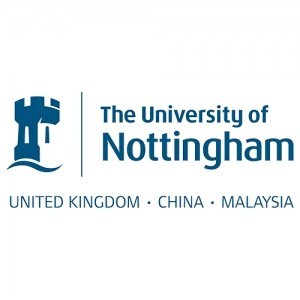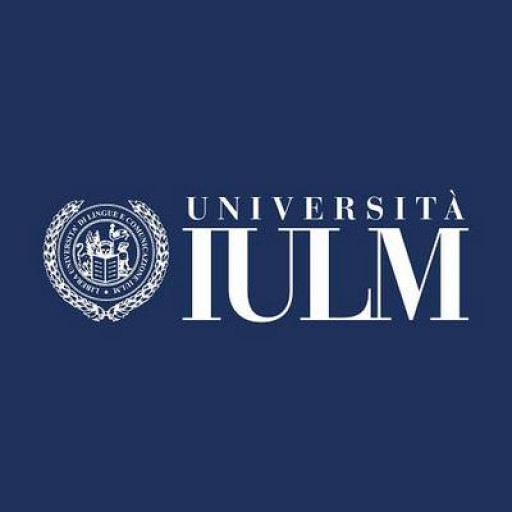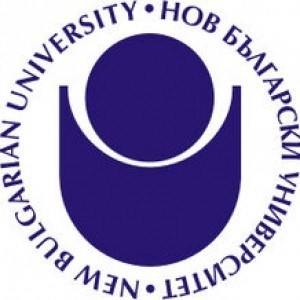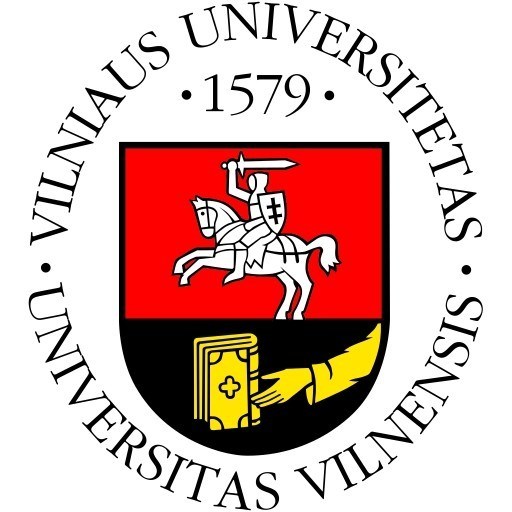In the simplest terms, communication can be described as the production, transmission/exchange and reception of messages. In recent decades, however, the theory and practice of communications have been strongly affected by significant social, cultural, economic and technological changes that have taken place world-wide. As a consequence, a range of critical-theoretical concepts, including globalization', multi-nationalism', mass-culture', mass-media', the information society' and post-modernity' have become increasingly important to the description and analysis of all forms of communication not only by academics, but also by the communications industries themselves.
The MA in International Communications Studies - which is designed to meet the needs of graduates from both a communications and non-communications studies background - provides an opportunity not only to study communications against the background of recent theoretical and methodological developments, but also to gain an insight into the skills and knowledge required by the contemporary communications industry sector.
Educational Aims
The aims of the MA International Communications Studies programme are to enable students to:
- Enhance their knowledge and understanding of the theoretical bases of verbal and non-verbal communication
- Enhance their knowledge and understanding of the cultural, social, political and economic bases of communications internationally
- Acquire a high level of proficiency in an East-Asian language or in one European language other than English
- Develop their intellectual skills
- Make use of some of the specialised forms of knowledge in the disciplines represented on the degree
- Practice and develop a wide range of transferable skills that will prepare students for further study and for employment
The MA is structured around a range of compulsory and elective modules. The compulsory modules provide the core skills and knowledge needed to analyse various forms of communication in their contemporary social and cultural settings as well as an opportunity to acquire either a modern European or Asian language. Elective modules will enable students to develop a wider critical understanding of the way in which communications now take place within an increasingly interdependent world. The module Communications Theory and research Methodologies is specifically designed to provide students with a core module on advanced research skills both generic and subject specific.
Semester One:
Compulsory modules provide the core skills and knowledge needed to analyze various forms of communication in their contemporary social and cultural settings as well as an opportunity to acquire either a modern European (French, Spanish, German) or East-Asian language (Japanese or Chinese). These modules include Communications Theory and Research Methodologies; Approaches to Globalization and Contemporary Communications and Contemporary Communications society and Culture. The module Communications Theory and Research Methodologies is specifically designed to provide students with insight into how the theory and methodology of contemporary communications can be applied directly to differing forms of media production.
Semester Two:
Elective modules will enable students to develop a wider critical understanding of the way in which communications now take place within an increasingly interdependent world. Students will continue to study their chosen language. During this semester students will also be required to develop a major dissertation project with the support of tutors. Students will complete this dissertation project to an agreed deadline following the taught component.
We consider applicants on the basis of academic merits. Although the entry requirements for our masters degrees vary depending on the course, as a general rule, you are expected to hold an honours degree at 2:1 level or above (or international equivalent) in an appropriate subject. Evidence of relevant personal, professional and educational experience may also be taken into consideration.









